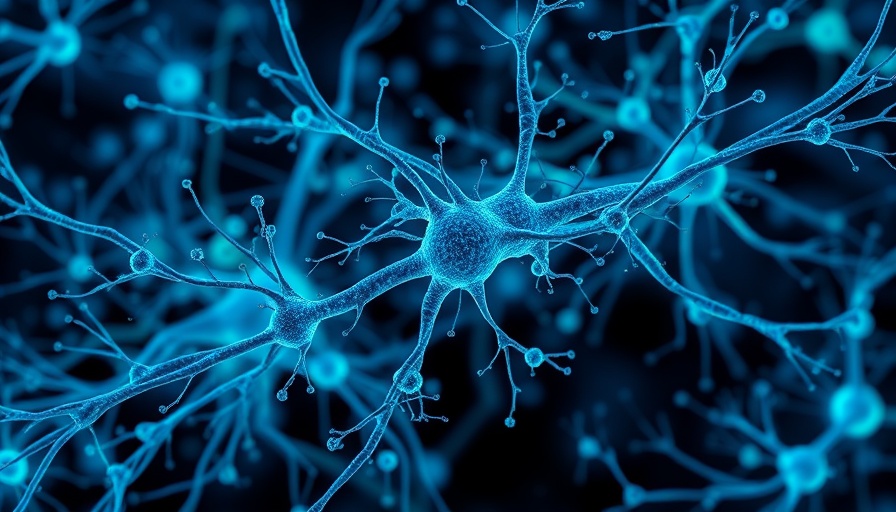
The Neuroscience Behind Obesity: A Breakthrough Discovery
In an exciting development from the Max Planck Institute for Biology of Ageing, researchers have uncovered a previously unidentified group of nerve cells in the hypothalamus of mice that play a significant role in regulating body weight and eating behaviors. This revelation comes at a time when obesity remains one of the most pressing global health issues, affecting millions of individuals and leading to serious medical conditions such as diabetes, heart disease, and strokes. The potential for these insights to lead to innovative anti-obesity therapies is profound.
Understanding the Role of PNOC/NPY Nerve Cells
The newly identified PNOC/NPY nerve cells are responsible for increasing food intake when activated. Not only are these cells present in mice, but they are also found in human brains, raising hope that therapies targeting them could be effective across species. Leptin, a hormone produced by fat cells that typically suppresses appetite, plays a crucial role in this mechanism. Researchers observed that in mice lacking leptin receptors in these specific nerve cells, the animals consumed more food and gained excessive weight.
Exploring Hormonal Influence on Eating Behavior
Leptin's surprising influence on such a small subset of nerve cells reveals critical insights into ends of energy balance and weight management. By controlling leptin's interaction, researchers are opening avenues for understanding how appetite regulation could function more effectively in patients resistant to current obesity treatments. Traditional anti-obesity medications often fail due to side effects or, more troubling, because certain individuals do not respond to them at all. This targeted approach could lead to drugs with fewer adverse effects and a better response rate.
Future Predictions: A New Era for Obesity Treatment
As this research progresses, the objective will be to develop pharmacological interventions that can selectively activate or inhibit these PNOC/NPY neurons. Such specificity means potentially fewer side effects while encouraging weight loss or maintenance through targeted dietary behavior modulation. The hope is that future treatments can transform the current landscape of obesity management, leading to more personalized healthcare solutions in combating this epidemic.
What this Means for You
The implications of this research extend beyond the laboratory—the potential for new treatments means improved health outcomes for those struggling with obesity. With increased understanding of the neural pathways that regulate hunger and satiety, individuals may find new paths to wellness that were previously unreachable. This sluggish battle against weight gain can become more manageable as medical science uncovers new tools to assist in maintaining a healthy lifestyle.
Practical Insights: Incorporating Awareness into Daily Life
While pharmacological advances are welcomed, individuals can take proactive steps towards weight management today. Fostering healthy lifestyle habits, such as balanced eating and regular exercise, contribute significantly to weight maintenance. Moreover, understanding one's body and its hormonal signals—such as those managed by leptin—can empower individuals in making informed dietary choices. In addition, for those seeking immediate dietary interventions, focusing on low inflammation foods and incorporating immune-boosting nutrition can enhance overall health and well-being.
Conclusion: A Path Forward
The discovery of these nerve cells opens doors to understanding obesity at a fundamentally new level, potentially revolutionizing treatment protocols for millions. As researchers continue their work, we also encourage individuals to embrace holistic health practices, emphasizing a balanced diet, fitness, and mental wellness strategies.
Ready to make a change? Start with daily hydration, balanced meal choices, and consider incorporating mindfulness practices into your routine. Together, we can pave the way for a healthier future.
 Add Element
Add Element  Add Row
Add Row 



 Add Row
Add Row  Add
Add 


Write A Comment